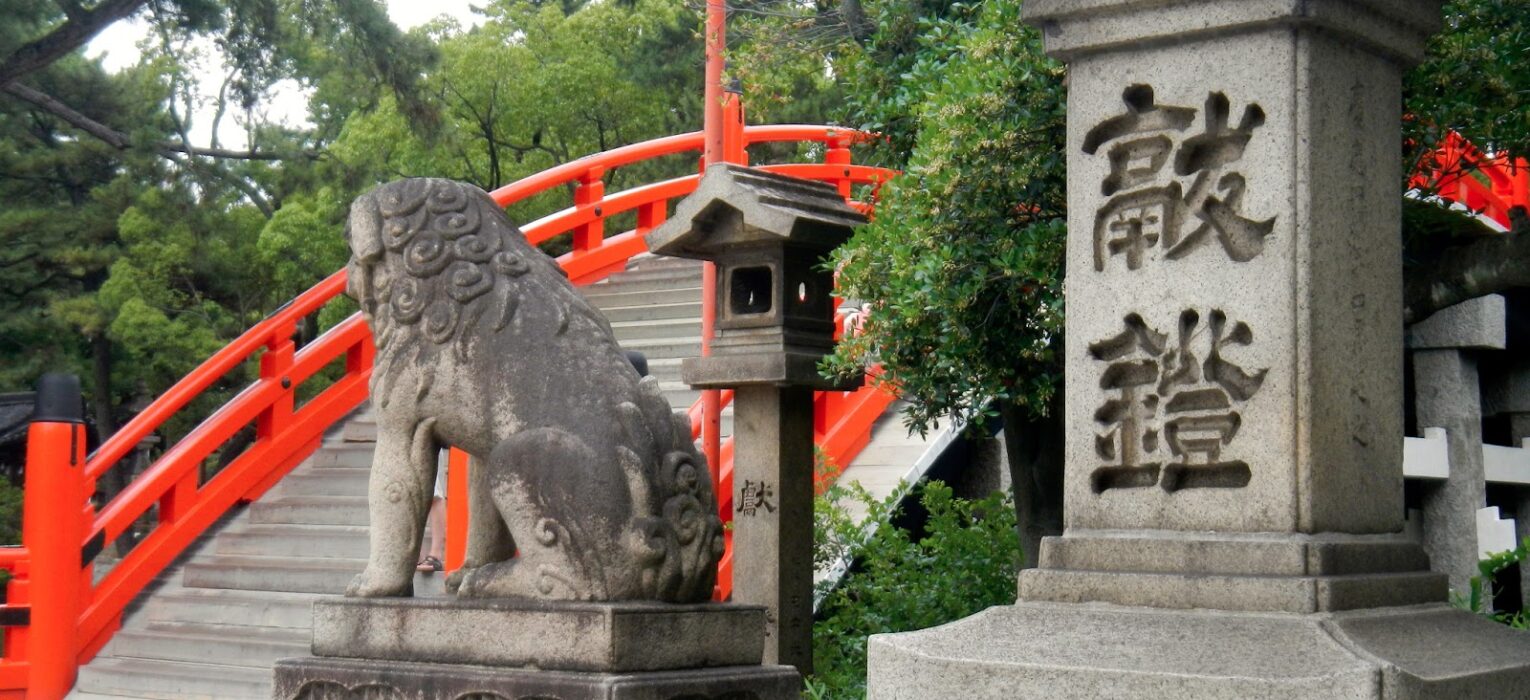
Living in Japan, although tough at times with the language barrier, has been very eye opening. The Japanese culture is all about respect, something I think most of America lacks. Japanese people have respect for others, themselves, and the Earth. Here are a couple ways I have experienced respect first-hand.
The most common thing to encounter is the use of the bow. Japanese people bow to one another out of respect. The duration and angle of the bow is based on how much respect they want to show, therefore to show the highest respect you would bow to a 90 degree angle at a slow pace. The most common bow is between 10 and 30 degrees and is quite swift.
When waiting to board a subway, they stand in a line. When the subway arrives, you enter in the order you arrived. We haven’t yet been in a situation where the subway has been too full to fit everyone in line, but it is very respectful to stay in an orderly line so as to guarantee those who were there first get to board before others.
Another common custom is that Japanese people do not wear their shoes past the threshold. The same goes for dressing rooms, any place of holiness, and all households. Therefore, it is customary to remove your shoes before entering someone’s house or going to worship in a temple. This way the floors stay clean and pure.
One of the biggest misconceptions to me was the reason for why Japanese and other Asian cultures wear the face masks. I always thought they wore them so as to not breathe in pollution or to not get sick from others, but I have learned that the most common reason to wear masks is out of respect to others when you are sick. Wearing the masks helps to prevent spreading your sickness to others. Also, one of Nick’s lab mates mentioned that at times women will wear them to cover their faces (no need to apply make-up) and then other times if there is an outbreak of some kind then more people will wear them to avoid catching a sickness.
Another sign of respect is shown in the way bikes are “locked.” We have come to discover that most Japanese people use locks on their bikes to show ownership but they are not locked to anything. The crime rate in Japan is quite low, and I believe it is because people respect one another too much to steal. I read somewhere that Japan has the highest rate for turned in lost wallets. I’m not saying there is no crime and that things wont get stolen in Japan but it is a very safe culture due to the respectful traditions.
Japan is a very green culture. They respect the Earth. This is exhibited by recycling options everywhere, the high use of hybrid and green cars, and one of the best public transportation systems I have ever experienced.
Most adult men and women dress relatively modestly. Most adult women wear bottoms that go past their knees and tops that cover their shoulders and hide cleavage. Of course this is different for younger people, but anyone older than mid-twenties. Same goes for men, rarely do men wear shorts or tank tops.
At a dinner party, you must wait until everyone has their drink and a formal toast is said ending in Kampaii (cheers). Therefore, everyone begins eating and drinking together at the same time.
Also, it is customary to finish a meal that is served to you, you should never leave a plate with food on it. This shows the chef respect by showing them how much you enjoyed your meal. The same goes with being a noisy eater, like slurping soup, it is polite to make noises when eating rather than keeping quiet.
Last but not least, the Japanese language is very respectful. They are very formal and will use polite phrases to show others respect. For example, instead of just saying arigatou to say thank you, they will say arigatou gozaimasu, meaning thank you with respect. They also use your family name followed by the word san, which is about equal to saying Mr. Sakamoto. Therefore in Japanese you would use Sakamoto San, which shows a great deal of respect. It is more common to be called that then to be called by your first name unless with close family and friends.



